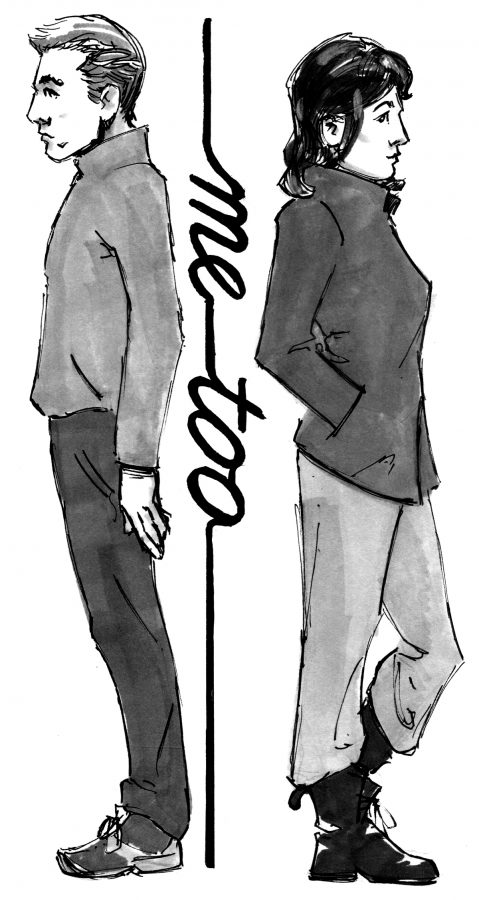Speaking before a Texas Senate committee last year, a group of remarkable young women — many of them survivors of sexual assault — told us that Texas needed to define clearly what it means to consent to sex.
Can someone consent when unconscious or asleep? Can consent, once given, be withdrawn? Does the absence of saying “no” mean “yes”?
The questions weren’t abstract or academic for these women. They came to testify for my campus sexual assault legislation because they’ve confronted the terrible reality of what it means when someone doesn’t respect consent.
Almost a year later, the #MeToo movement has created a national conversation about consent and illustrated why this conversation is desperately overdue. The conversation will be uncomfortable for many, but men and boys in particular need to hear and learn from it.
Some have mocked the idea of consent as making sex a contractual transaction that requires a notary’s seal of approval. But consent isn’t an unreasonable or ambiguous standard. In fact, we apply it every day in countless areas of our lives.
A property owner, for example, has the right to keep someone out of their home. And if someone comes in uninvited, we have no problem labeling this conduct as exactly what it is: an invasion of that property owner’s rights and a crime.
Why do we have such a difficult time applying the same standard to dating and sex? Property rights are important, but there are few natural rights as fundamental as a person’s right to control their own body and decisions.
Consent acknowledges that no one should engage in a sexual act with someone who hasn’t freely decided to participate in that act. In other words, consent embodies a basic tenant of individual liberty — no one has the right to do something to us without our permission.
The #MeToo movement is seismic because it’s finally forced us to confront the sad reality that we’ve failed to protect the individual liberty of some.
We aren’t changing our notions of what’s right and wrong when it comes to sex. Consent has always been the right standard. Instead, we’re finally acknowledging that we’ve allowed powerful men to violate the individual liberty of women, to live by a different standard when it comes to dating and sex. That double standard was never right. We shouldn’t allow it to be acceptable, either.
All of us bear responsibility to confront our societal failure and fix it, especially those of us with power and privilege. And there are concrete steps we should take to reinforce consent as the correct standard.
We have to speak up and intervene when we see signs of sexual assault or harassment. We have to improve policies and practices where we work to promote accountability and prevent retaliation. And we have to look within to ensure that people who have fallen victim to the double standard get a fair chance.
Last session, I passed several bills to help survivors of sexual assault on college campuses. It’s become terribly clear that the problem of sexual assault and harassment on campus is part of a much larger cultural crisis and the solution, in turn, must be bigger, too.
For example, we need to do a better job of teaching our kids about consent. Too many kids will learn about sex from porn, which is a poor way to teach boys and girls about consent and mutual respect.
I also plan to refile one of my bills from last session to update the definition of consent that currently governs our criminal sexual assault laws.
We should scrutinize the use of non-disclosure agreements in private sexual assault and harassment settlements. These agreements perpetuate the damaging belief that privileged people can get away with this behavior.
Finally, I’m pushing the institution where I work — the Texas Senate — to improve its policies so people who are harassed or assaulted at the Capitol have a safe place to report and seek recourse.
The brave people that have come forward with their #MeToo stories have created a remarkable opportunity for us to create systemic and cultural change. It’s our responsibility to leverage the strength of their voices to make that change happen now.





















